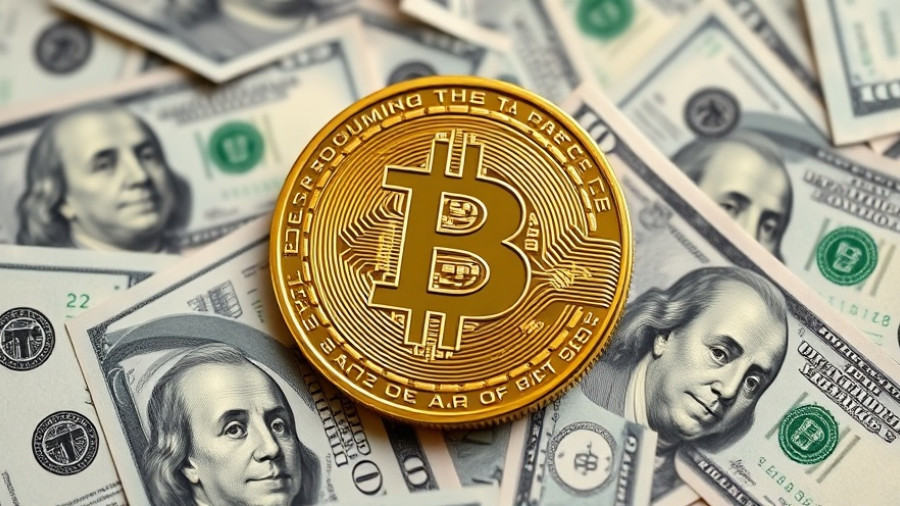
A $15 Billion Bitcoin Saga: Insights into a National Strategy
The recent seizure of approximately $15 billion worth of Bitcoin marks a historic moment for the U.S. Department of Justice as it confiscated the largest amount of cryptocurrency in its history. This operation not only dismantled a significant criminal network involved in human trafficking and financial scams but also put a spotlight on the Trump Administration's controversial plan to establish a Strategic Bitcoin Reserve. In doing so, it raises crucial questions about the future of cryptocurrency regulation and the role of the government in this volatile digital landscape.
Understanding the Strategic Bitcoin Reserve
In March 2025, President Trump issued an executive order directing the formation of the Strategic Bitcoin Reserve, a national digital asset stockpile to be funded by confiscated assets from federal law enforcement actions. While the concept sounds promising, many uncertainties linger regarding how much Bitcoin the government currently controls and how it will be managed moving forward. Current estimates suggest the U.S. holds around $36 billion in Bitcoin, but details remain unverified, leaving a cloud of ambiguity over the administration's financial strategy.
The Dangers of Centralized Control in a Decentralized World
This seizure also highlights potential risks as governments evolve into major players in the cryptocurrency market, undermining Bitcoin’s original promise of decentralization. With governments now seizing digital assets, a paradox emerges: while they aim to utilize these resources as national strengths, they simultaneously risk distorting the market dynamics by becoming significant holders of finite resources like Bitcoin. This raises alarms over transparency, accountability, and the inherent challenges of managing a crypto stockpile in a legal framework that is still developing.
Implications for Future Policy and Regulations
The current situation compels policymakers to address pressing questions around who manages these strategic stocks, how audits and valuations will be conducted, and how to effectively compensate victims from fraudulent schemes. As the U.S. government steps into a role as both regulator and market participant, it's crucial to implement robust procedures to mitigate risks such as cyberattacks and market manipulations, preserving the integrity of both the economy and the integrity of justice.
The Ripple Effect on the Crypto Ecosystem
Moreover, other nations observing U.S. actions may feel pressured to establish their own crypto reserves, further complicating the global cryptocurrency ecosystem. Any misstep in managing such reserves could not only jeopardize the countries involved but also shake the trust within the entire market, underscoring the need for a balanced and delicate approach to handling digital asset reserves.
The seizure shows that the U.S. is capable of transforming seized illicit assets into a mechanism for national strategy. However, without clarity on operational practices and potentials for abuse, the rollout of this reserve could lead to unforeseen consequences for the cryptocurrency landscape. How countries navigate these changes will undoubtedly influence future regulations, strategies, and market trust.
 Add Row
Add Row  Add
Add 




Write A Comment